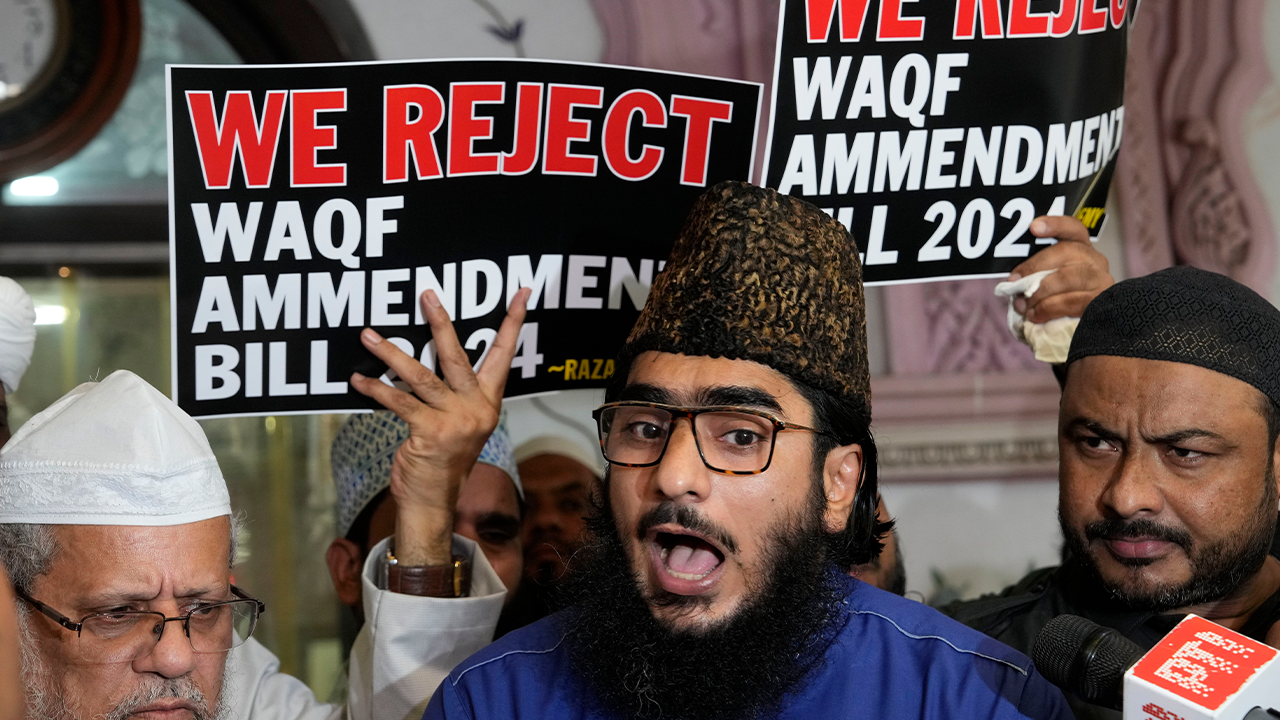India’s parliament approves controversial bill on Muslim land endowments

India’s parliament recently passed a controversial bill that has sparked a heated debate and protests across the country. The bill, introduced by Prime Minister Narendra Modi’s government, aims to amend laws governing Muslim land endowments, known as waqfs. The proposed changes include adding non-Muslims to the boards that manage these properties and increasing government oversight.
The government claims that these changes are necessary to combat corruption and promote diversity. However, critics argue that the bill undermines Muslim rights and could potentially lead to the confiscation of historic religious sites. Muslim groups and opposition parties have raised concerns that the bill is politically motivated and could marginalize Muslims by altering ownership rules and requiring validation of property claims by waqf boards.
The bill, which was passed by the parliament after a lengthy and contentious debate, has been met with strong opposition. The Congress-led opposition parties have condemned the proposal as unconstitutional and discriminatory against Muslims. Despite the opposition, the bill was passed with the help of allies of Modi’s ruling Bharatiya Janata Party.
The amendment to the 1995 law governing waqfs in India would require non-Muslims to be appointed to the boards that manage these properties. This move has raised concerns among Muslim groups who argue that waqf properties should be governed by Muslims only. Additionally, the bill introduces changes to ownership rules, which could potentially impact historical mosques, shrines, and graveyards.
Critics fear that the new law could give the government greater control over Muslim property and could lead to the dispossession of land held by waqfs. There are concerns that the bill could be used to target Muslim communities, especially at a time when attacks against minorities have been on the rise in India. The U.S. Commission on International Religious Freedom has highlighted deteriorating religious freedom conditions in India, citing the government’s propagation of hateful rhetoric against Muslims and other religious minorities.
While there is consensus that waqfs in India suffer from corruption and mismanagement, the proposed changes have sparked fears among Muslims that their property rights could be at risk. The bill has been characterized as an attack on the constitutional rights of Muslim citizens and an attempt to marginalize the Muslim community.
In conclusion, the passage of the controversial waqf amendment bill has raised significant concerns among Muslims in India. The government’s efforts to amend laws governing Muslim land endowments have been met with strong opposition and protests. The bill’s implications on property rights and religious freedoms have sparked fears of discrimination and marginalization among the Muslim community. The debate over the bill reflects the deep religious divide in India and the ongoing challenges faced by minority communities in the country.




